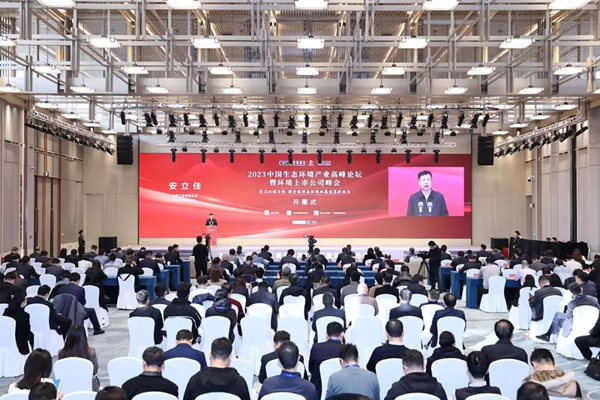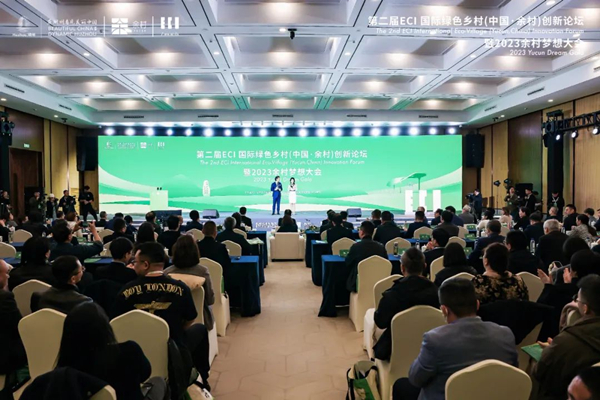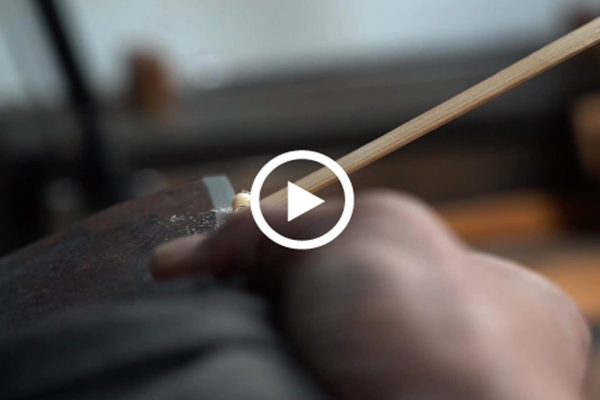Huangdu helps villages cast off poverty by growing tea

A tea plantation in Huangdu village, Anji county, East China's Zhejiang province. [Photo/WeChat account: huzhoufabu]
Huangdu village is hoping to replicate its success in alleviating poverty to other villages throughout the country.
Huangdu, a village in Anji county, East China's Zhejiang province, has managed to rise from poverty by growing white tea.
In 1997, the average income of villagers in Huangdu was less than 2,000 yuan ($289.8) per year, but the figure had grown to 40,000 yuan by the end of 2019.
At this time, tea plantations in the village covered an area of 48,000 mu (3,200 hectares) and had an annual output value of 400 million yuan.
The tea gardens also attract over one million visitors per year.
In April 2018, the village decided to donate 15 million white tea seedlings to help people living in impoverished areas.
Thirty-four impoverished villages in Guzhang county in Hunan province, Qingchuan county in Sichuan province, and Pu'an and Yanhe counties in Guizhou province have been designated as the recipients of the tea seedlings by the State Council Leading Group Office of Poverty Alleviation and Development.
Huangdu has also provided technical guidance to other villages. By the end of March, more than 300 cadres and professionals from Anji had been dispatched to those poor villages.
Among them is Sheng Awei, Party chief of Huangdu village. Over the past two years, Sheng has travelled to 21 different places to offer technical support.
In March, Pu'an county harvested tea for the first time.
By the end of 2019, more than 19 million tea seedlings had been donated by Huangdu, benefiting 34 impoverished villages consisting of 1,862 poverty-stricken households.
The Chinese government has vowed to eliminate abject poverty throughout the country by 2020.





